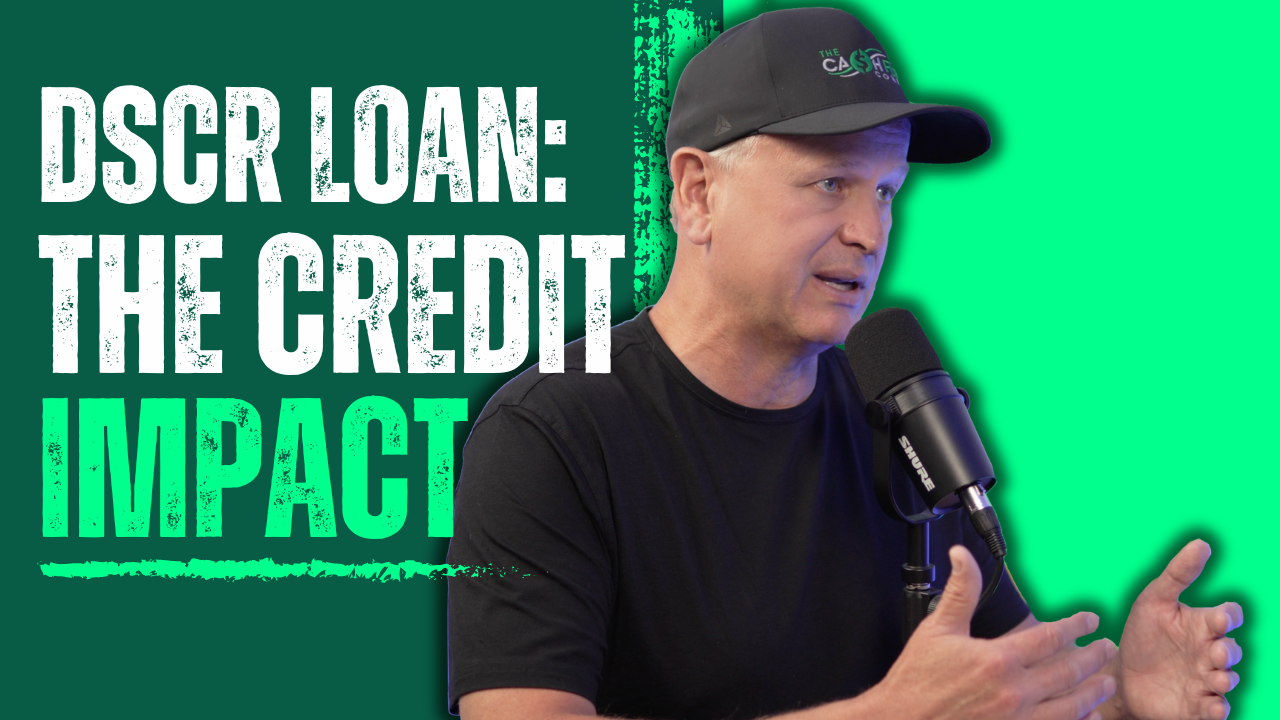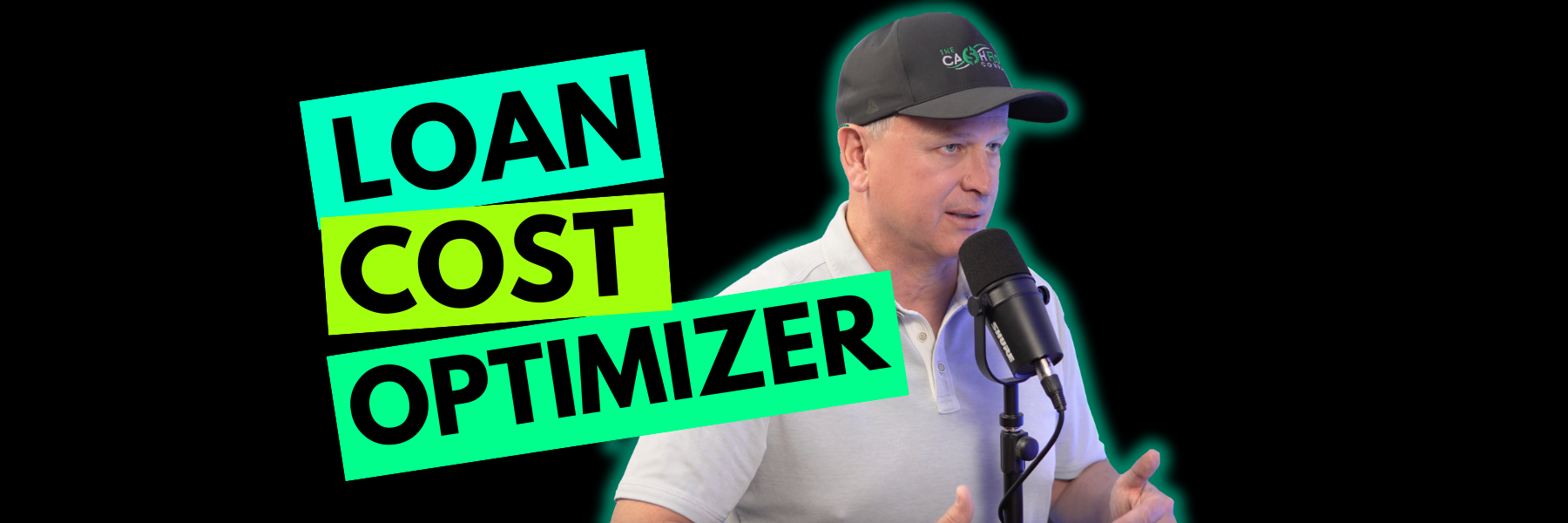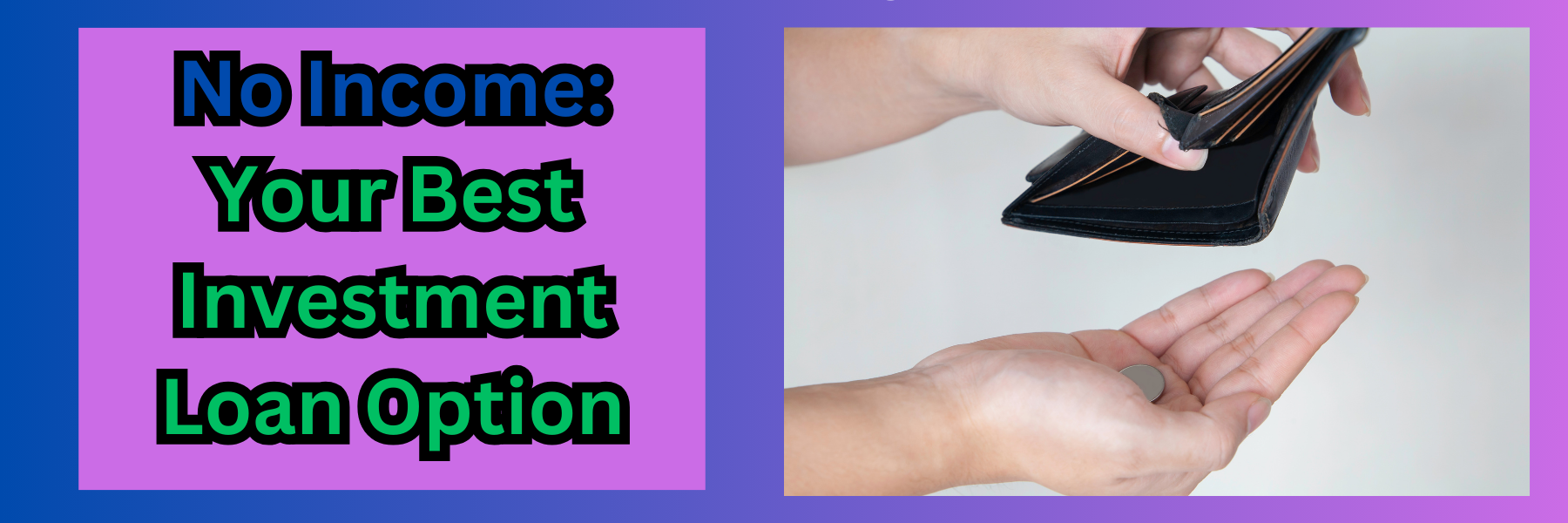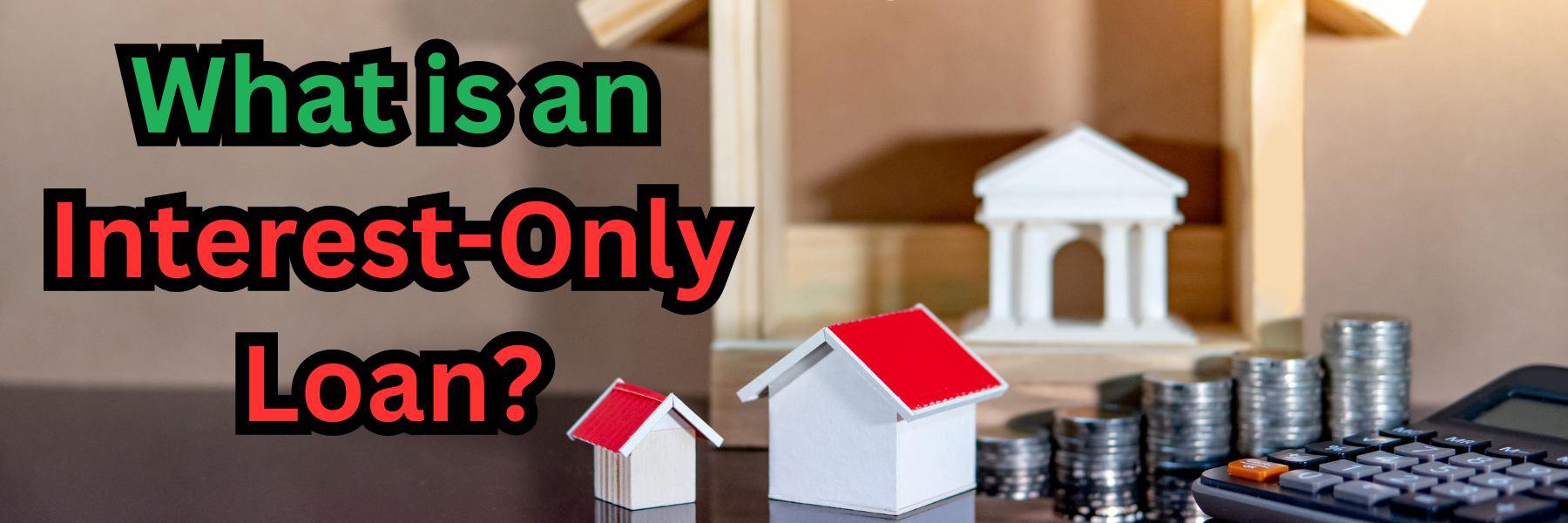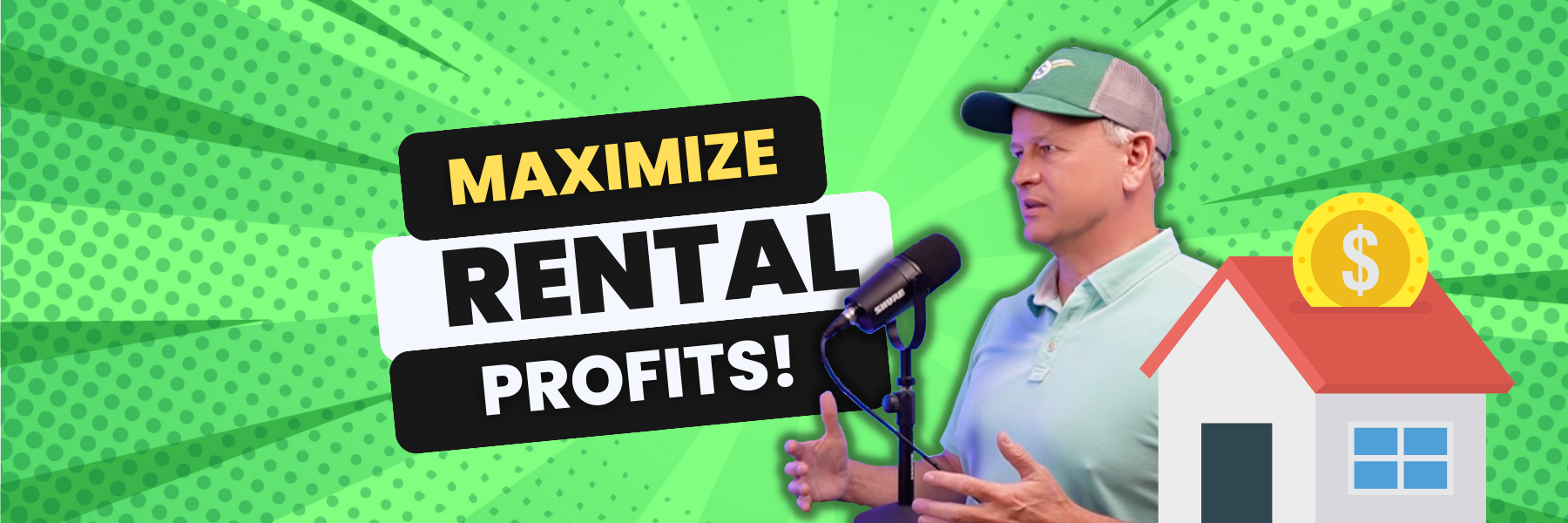DSCR Loans: Why You Need a Good Credit Score
Welcome to The Cash Flow Company! Today, we’re diving into why you need a good credit score for a DSCR loan. We’ve touched on DSCR loans before, however it’s essential to understand how your credit score fits into the picture. When you’re investing in real estate, having access to the right type of loan is crucial. Therefore, DSCR loans are a fantastic option for many investors because they focus on the income generated by the property rather than your personal income. However, in order to get the most out of a DSCR loan, you need a good credit score. This score impacts several aspects of your loan, from approval to interest rates and loan terms. Let’s break it down.
First, Why Credit Scores Matter
Your credit score is a significant factor in DSCR loans because underwriting is now mostly electronic. A computer evaluates your application, therefore your credit score heavily influences the outcome. Here’s how:
- Approval Rates: A better credit score means you are more likely to get approved.
- Interest Rates: Good credit scores often secure lower interest rates.
- Loan Terms: Higher credit scores can lead to better loan terms.
Second, Impact on Cash Flow
Example
Let’s look at a simple example. Suppose you are looking at a property with a loan amount of $250,000. Taxes are $150 a month, and insurance is another $150 a month.
- Good Credit (Mid to High 700s): You might get an interest rate of 7.375%, making your monthly payments about $1,727. Including taxes and insurance, your total payment is $2,027. If your rent is $2,100, your property cash flows positively.
- Not-So-Good Credit (Below 680): You might get a higher rate, say 8.75%. This increases your monthly payment to $1,967. Adding taxes and insurance, your total payment is $2,267. With the same rent of $2,100, your property now has negative cash flow.
Third, Easier Loan Approval
A higher credit score makes it easier to qualify for a DSCR loan. Lenders prefer borrowers with good credit because it suggests reliability and lower risk.
Example
Imagine two investors:
- Investor A: Good credit score (750). They get approved easily and enjoy better terms.
- Investor B: Lower credit score (650). They struggle to get approval and face higher rates and less favorable terms.
Fourth, Better Loan-to-Value (LTV)
LTV is the ratio of your loan amount to the value of the property. Your credit score affects this too.
How It Works
- Good Credit: You might only need to put down 15-20%.
- Poor Credit: You might have to put down 25-30%.
For a $300,000 property, this difference could mean needing an extra $30,000 upfront.
Finally, More Options and Lower Costs
When you have a good credit score, more lenders want to work with you. This competition can lead to lower costs, like reduced origination fees or better interest rates.
Example
With a high credit score, you might have multiple lenders vying for your business, which often results in better deals. Lower credit scores limit your options and can lead to higher costs.
Conclusion
In conclusion, having a good credit score is vital for securing a DSCR loan and maximizing your real estate investment potential. Not only does a high credit score make it easier to get approved for loans, but it also helps you secure better interest rates and more favorable loan terms. Consequently, this leads to improved cash flow and the ability to invest in more properties with less money down.
Watch our most recent video: DSCR Loans: Why You Need a Good Credit Score
Tools and Resources
At The Cash Flow Company, we have tools to help you. Check out our Credit Score Checklist on our website for easy tips on improving your score.
Visit The Cash Flow Company and click on “Tools” to download our Credit Score Checklist.




